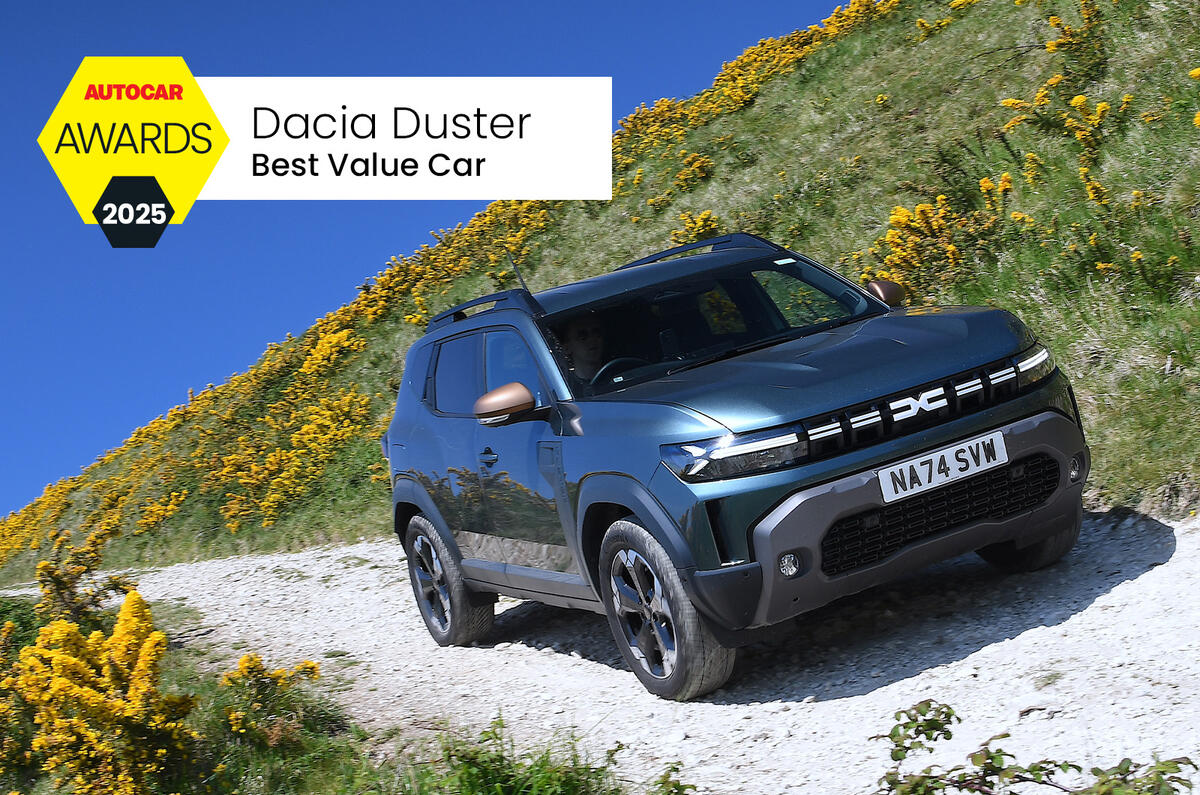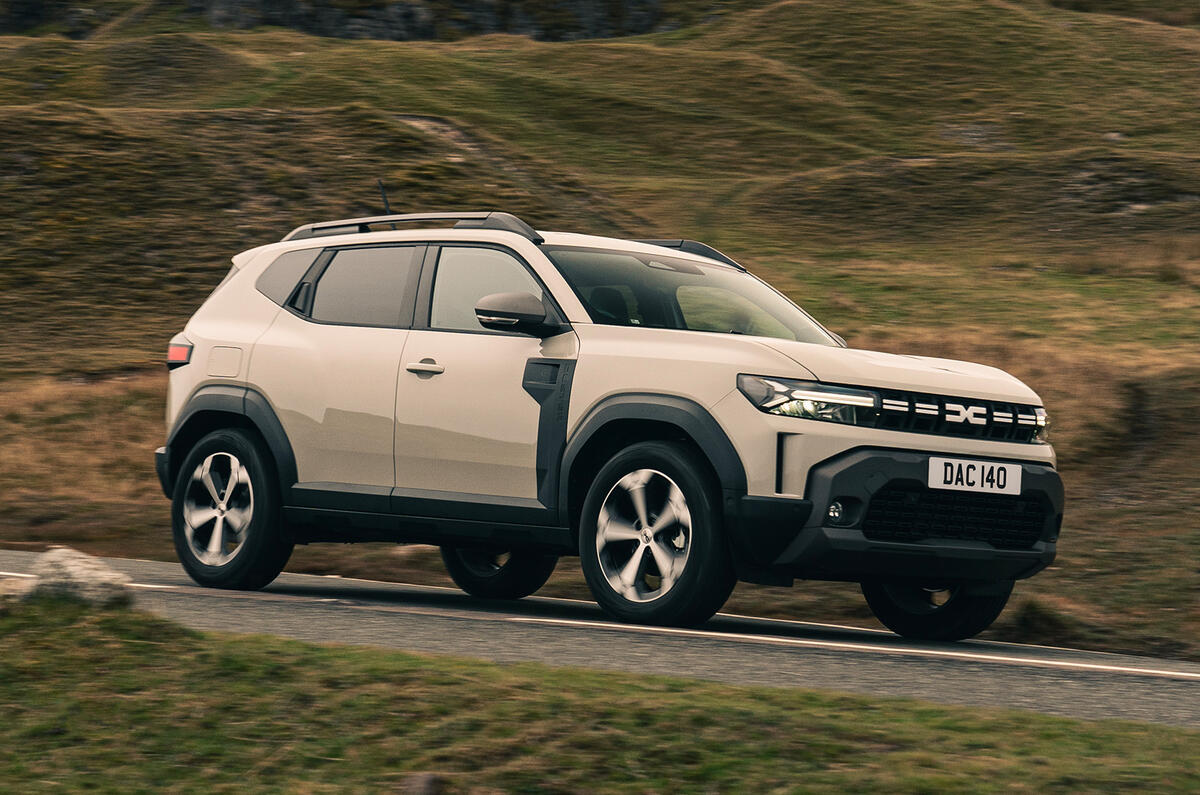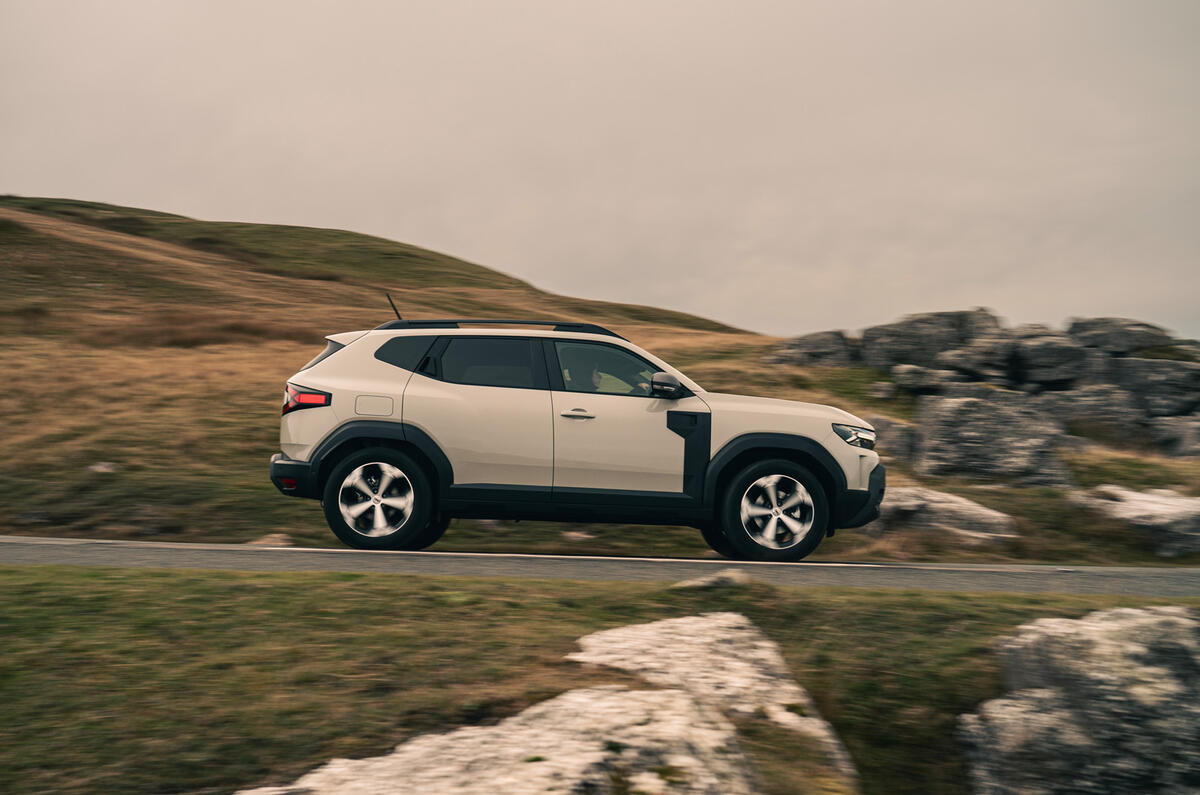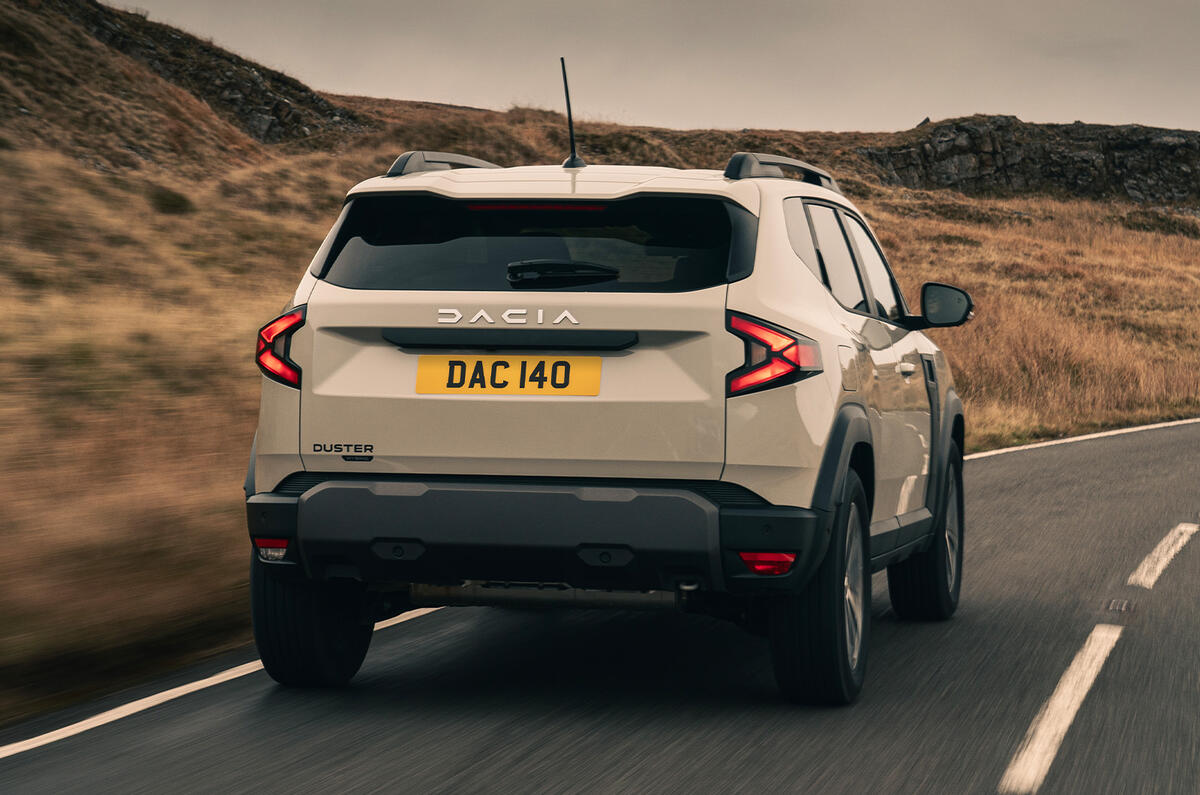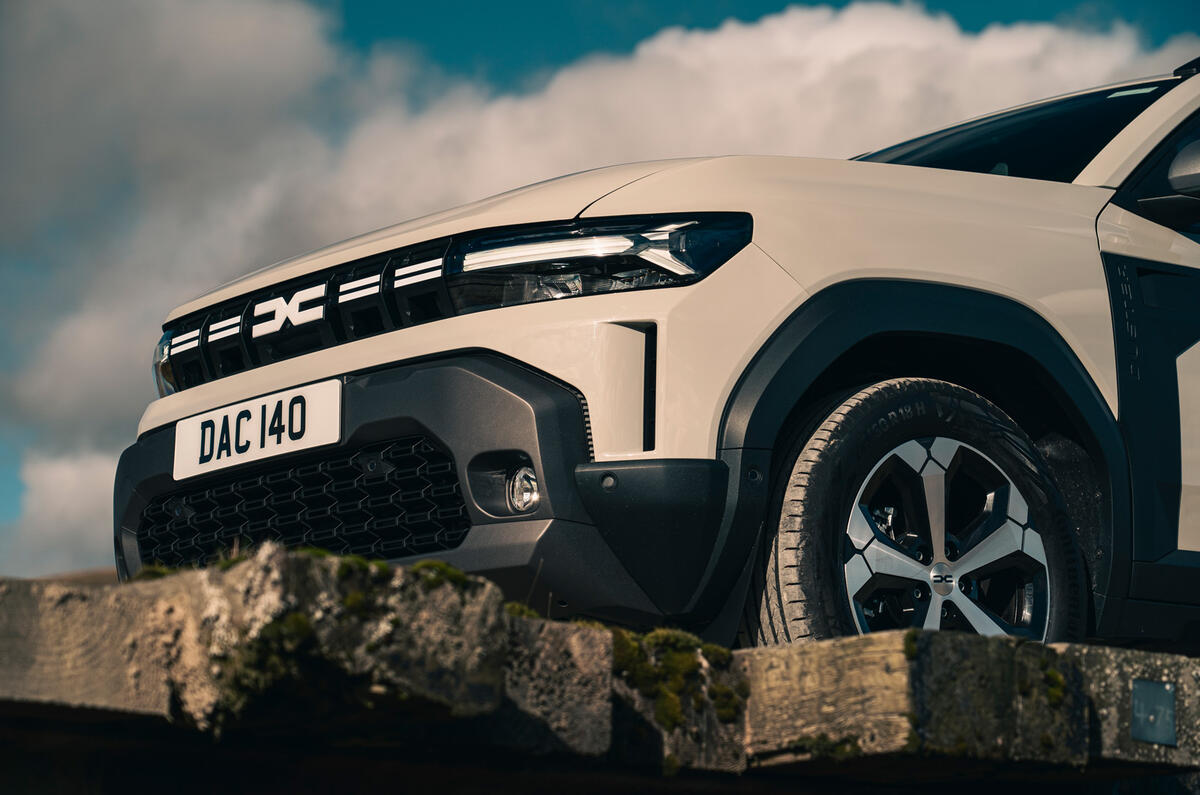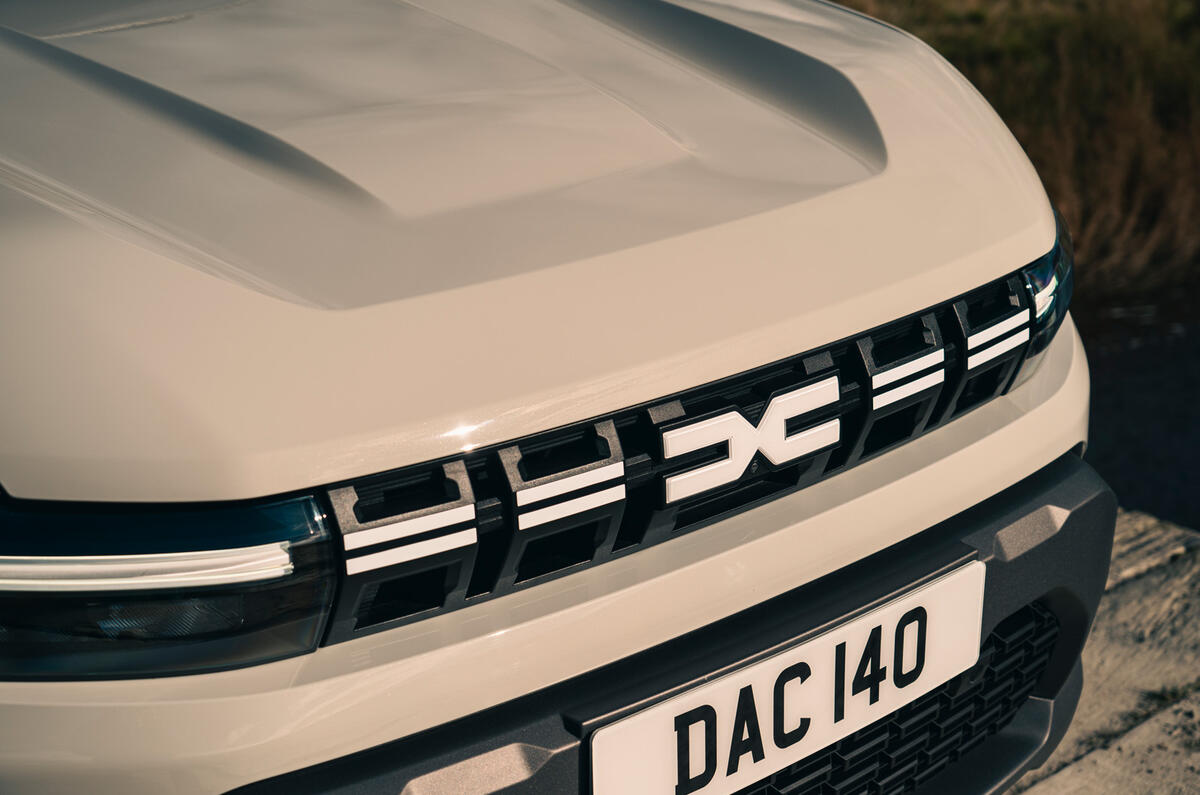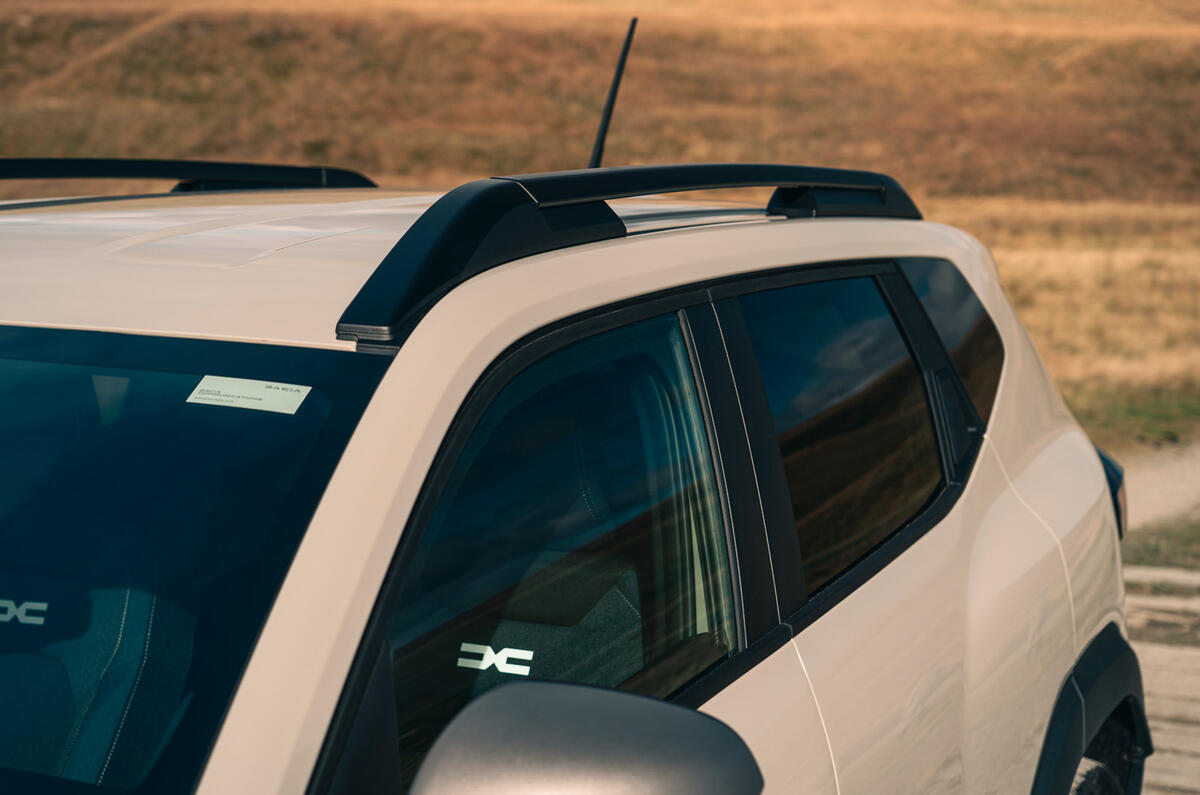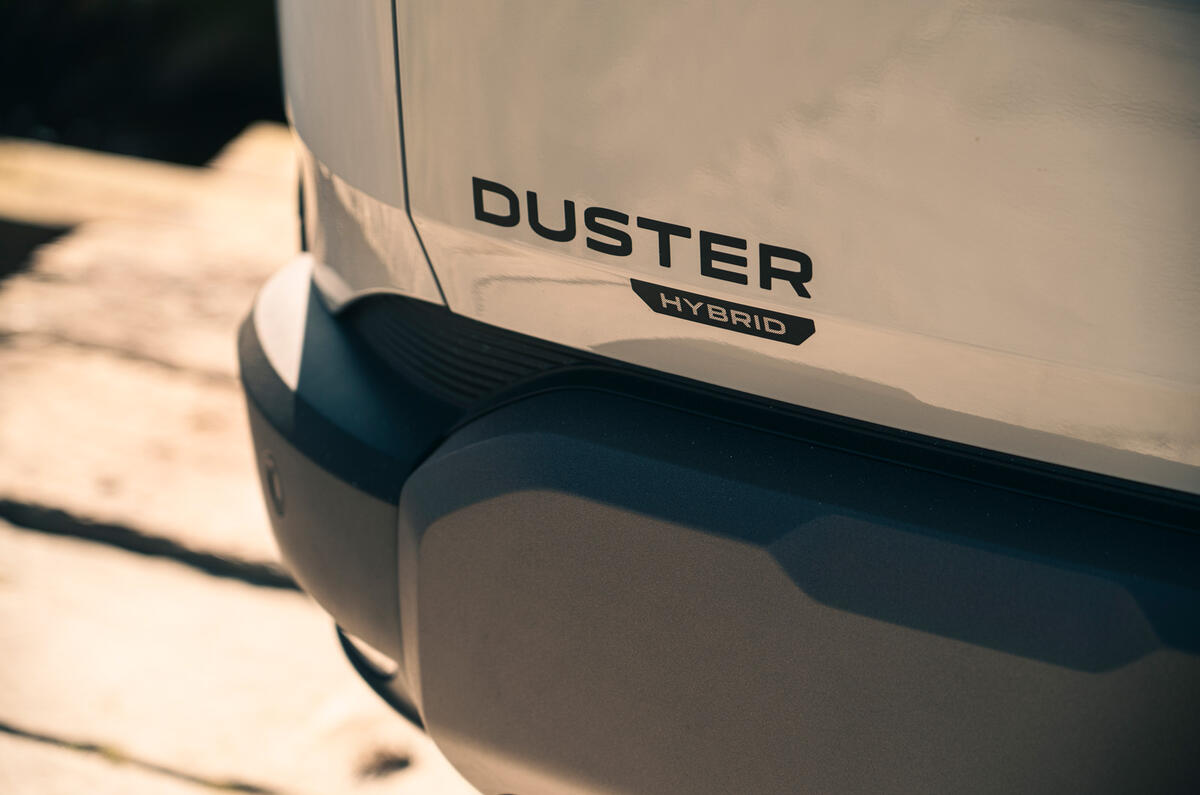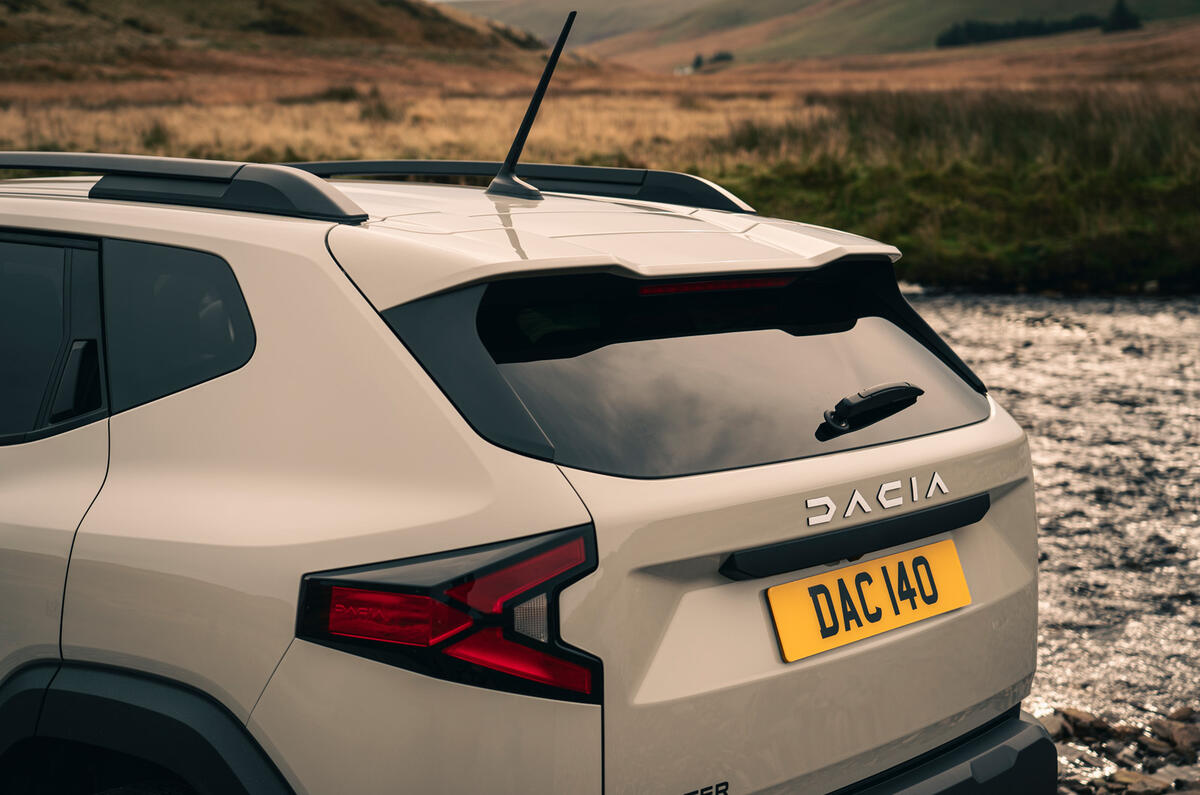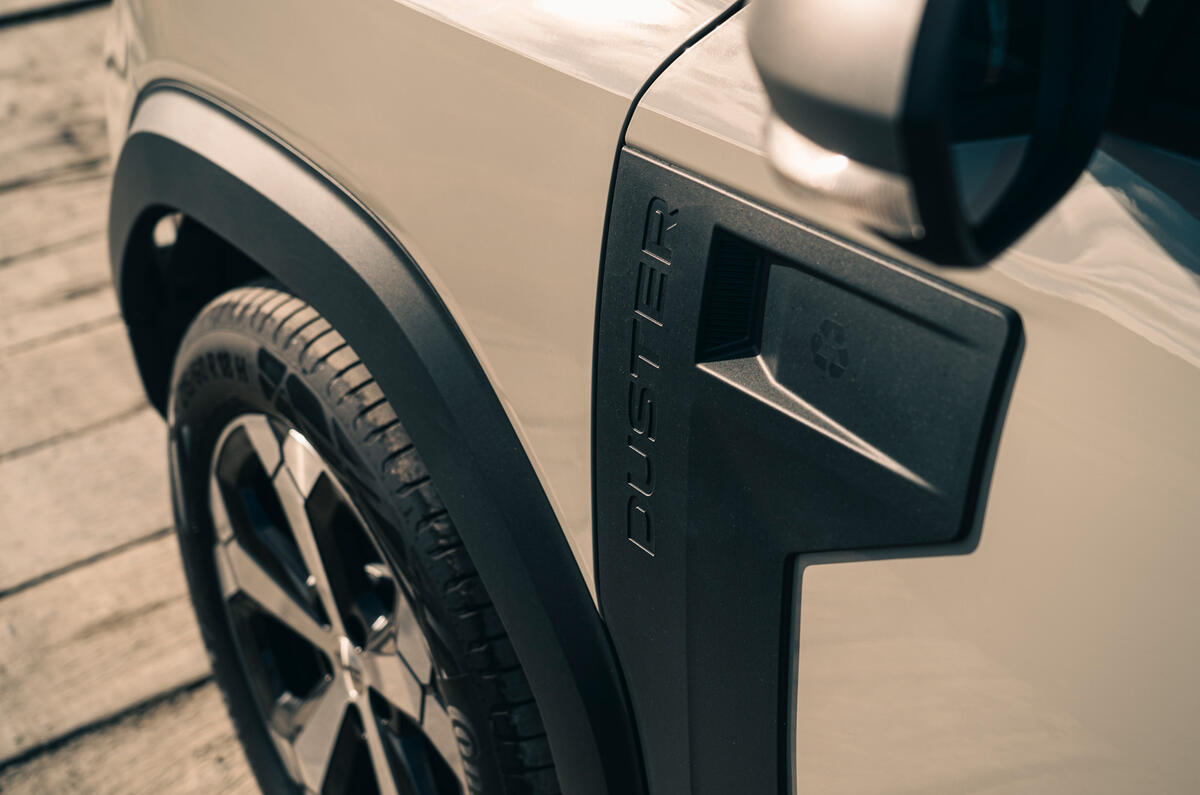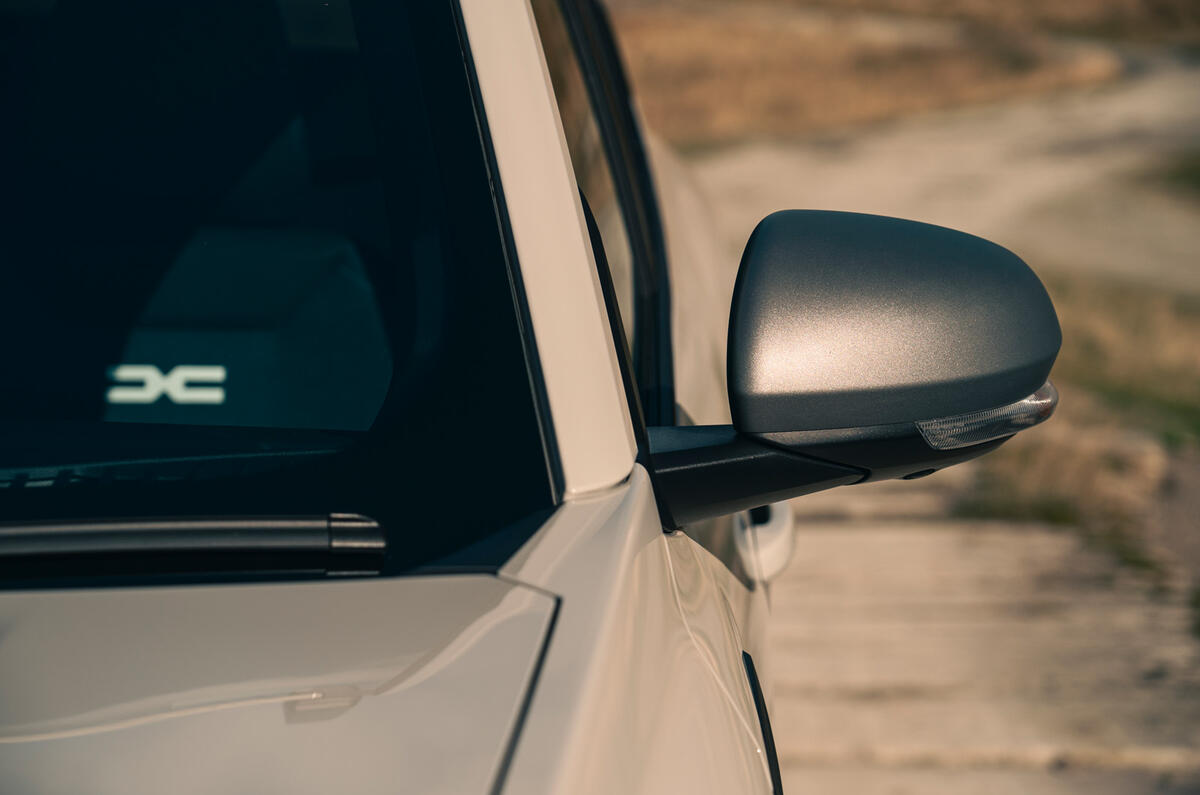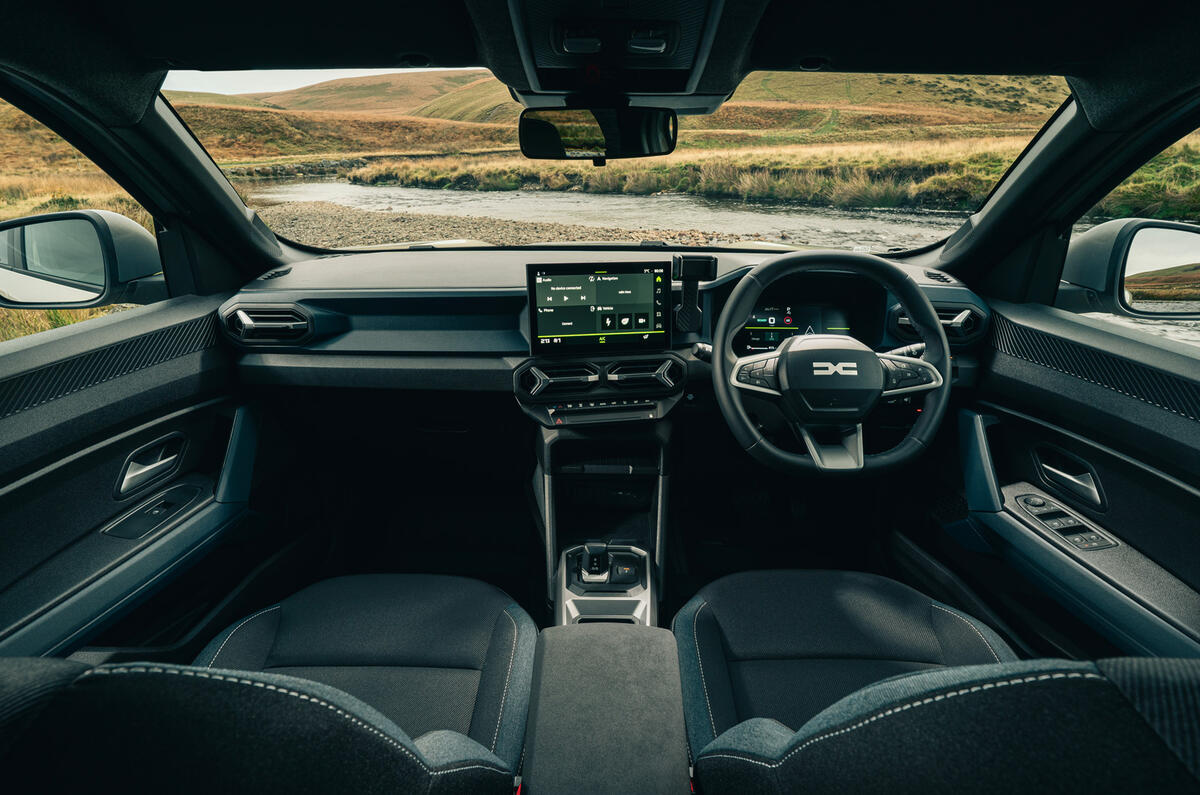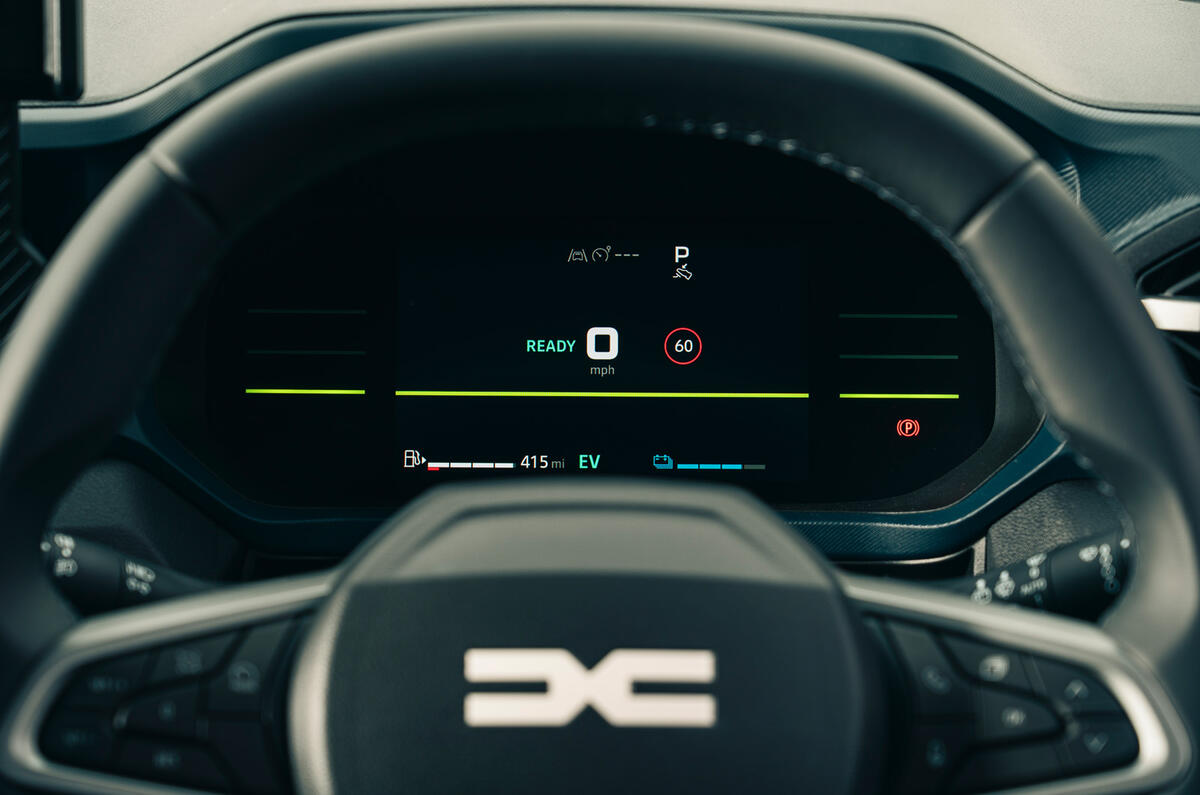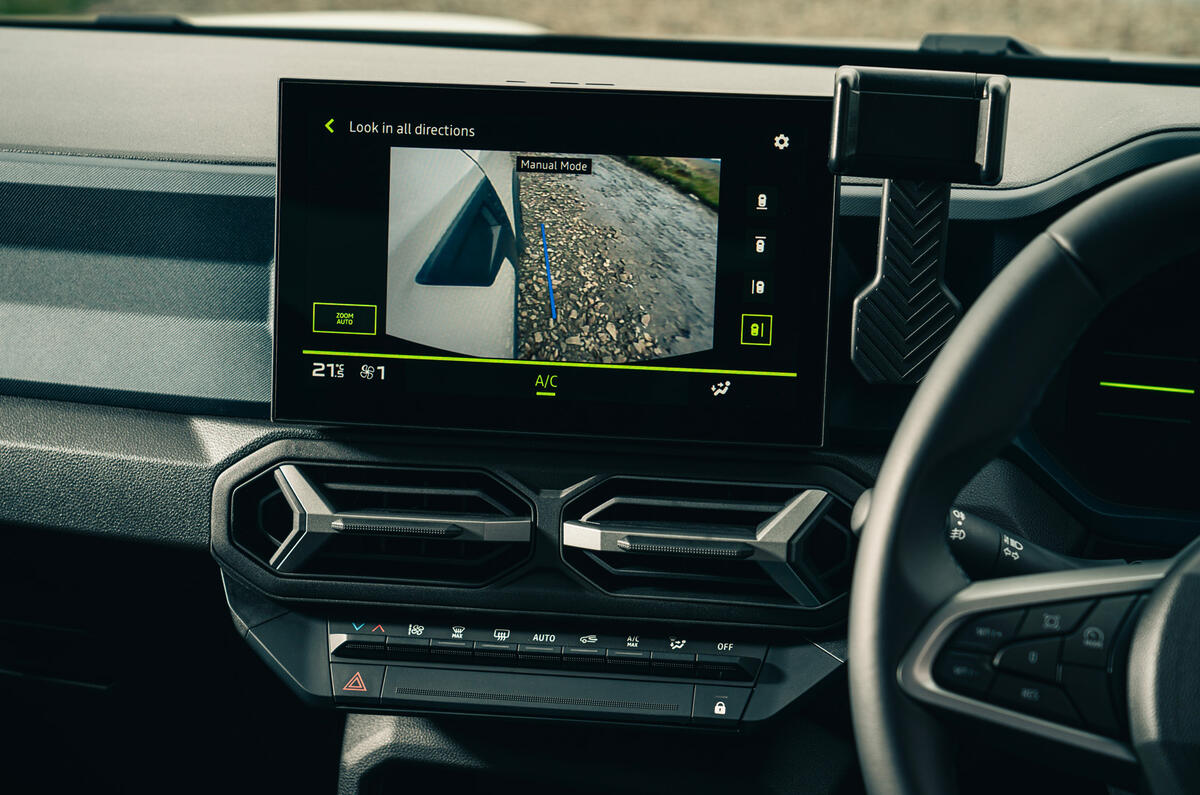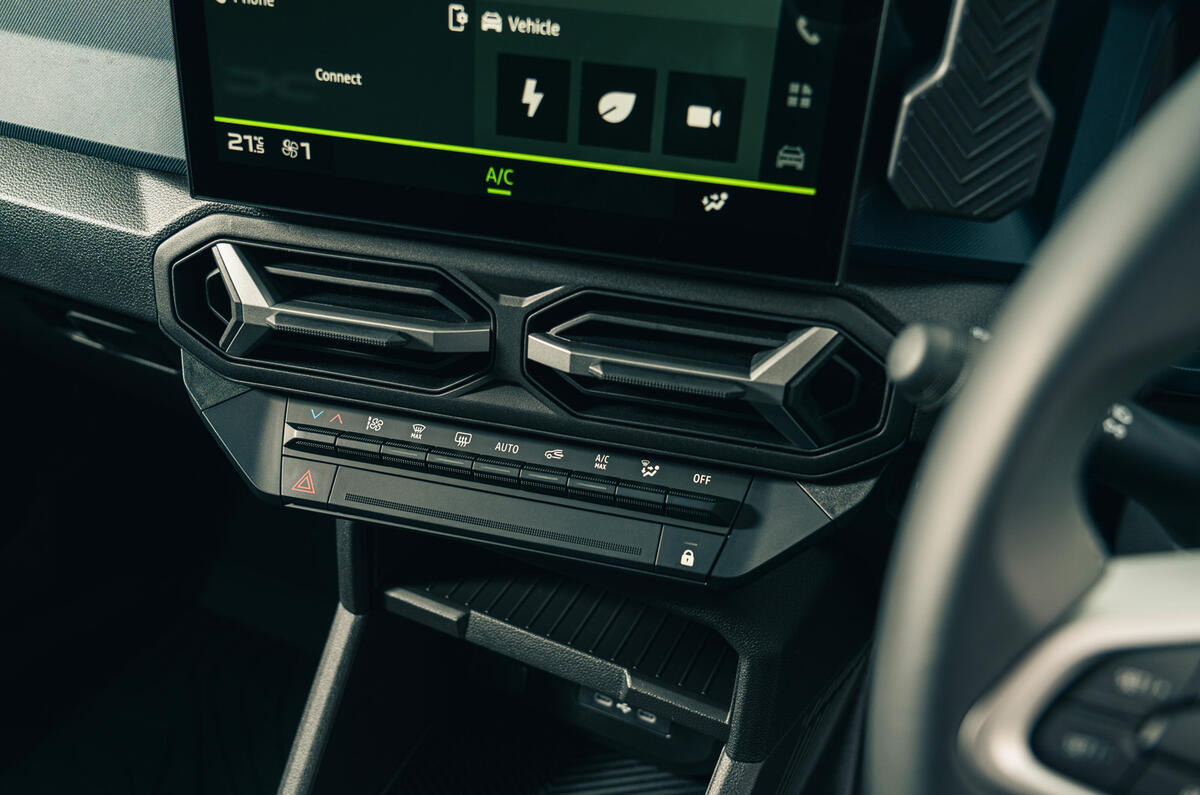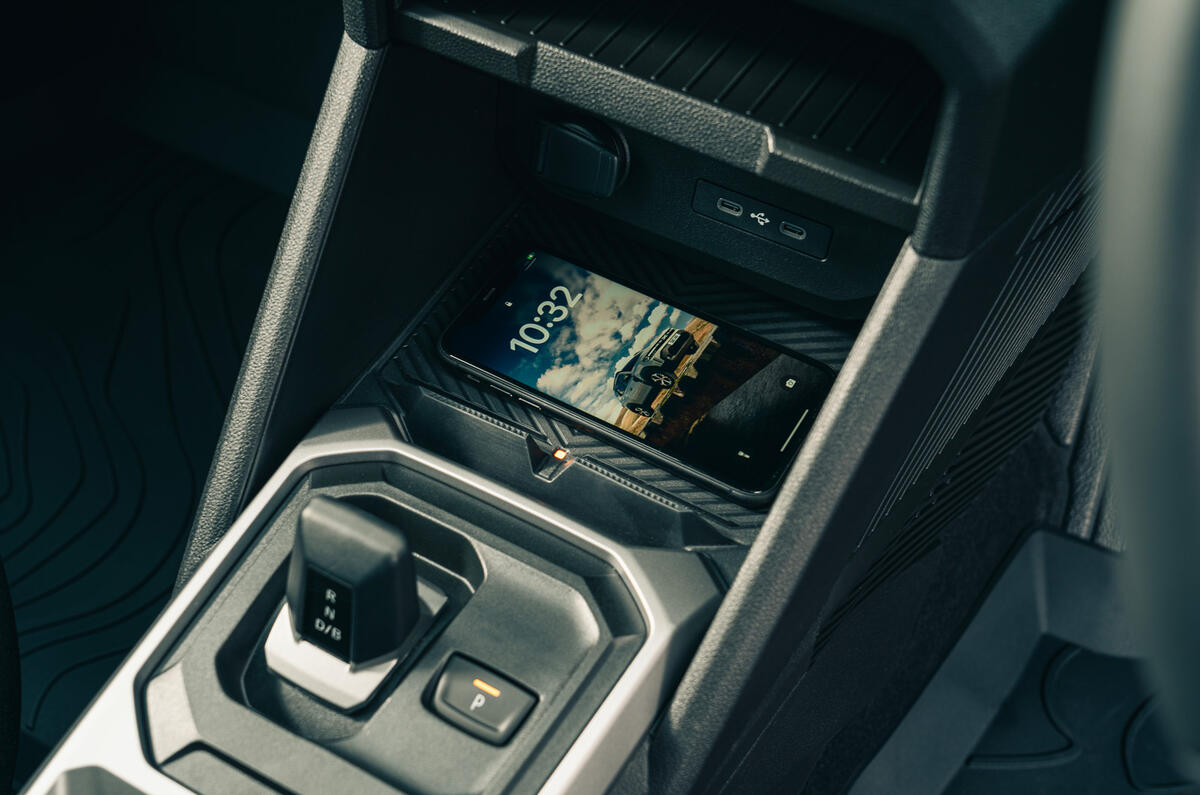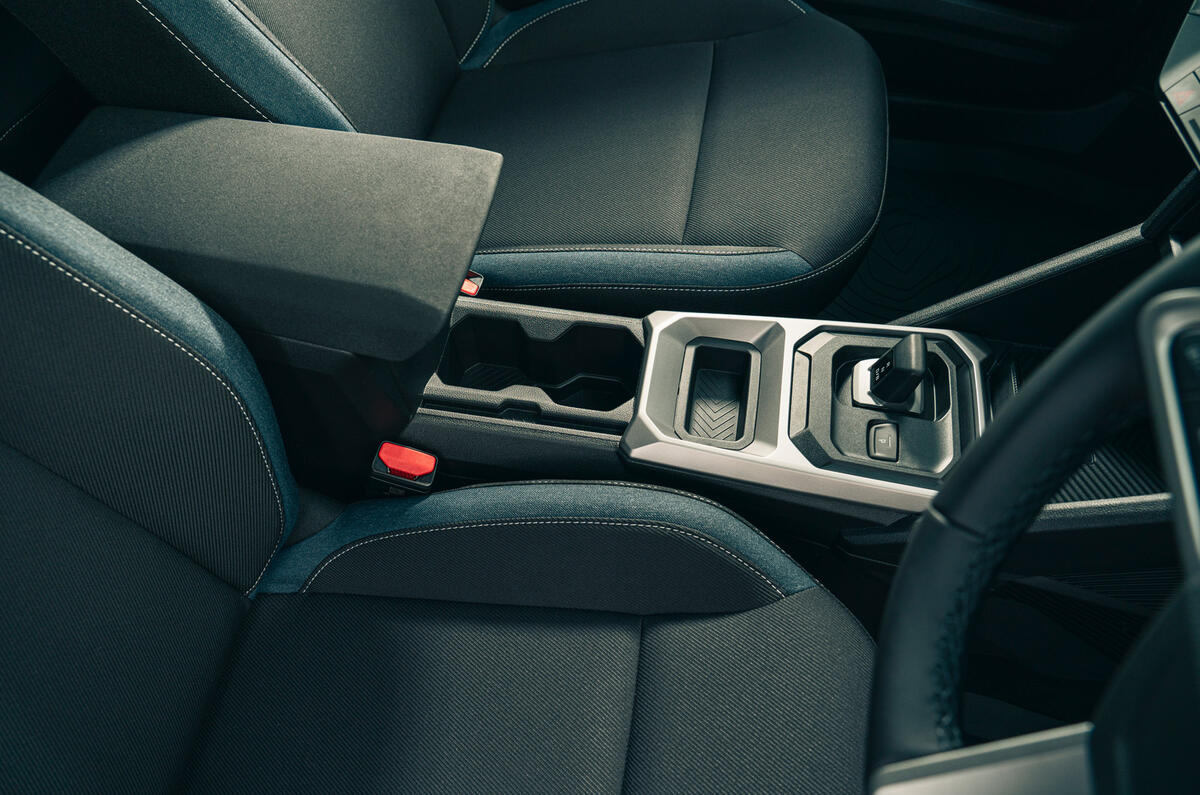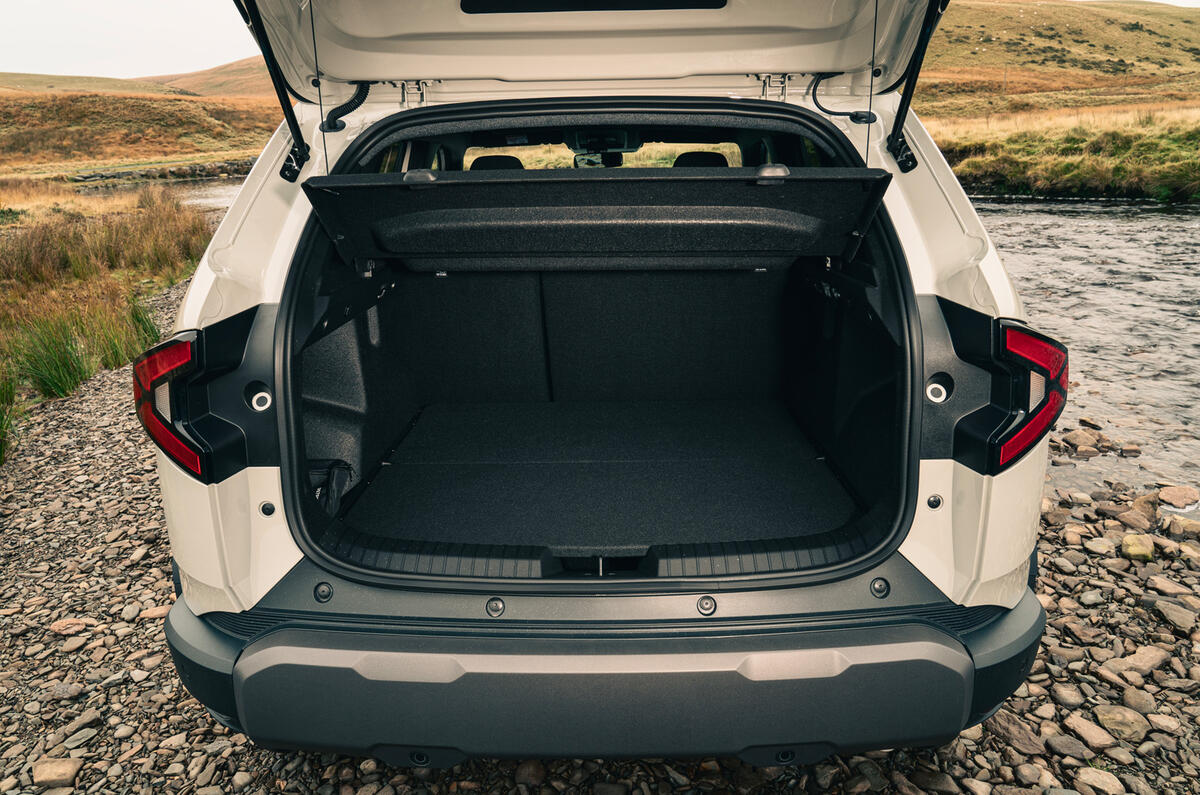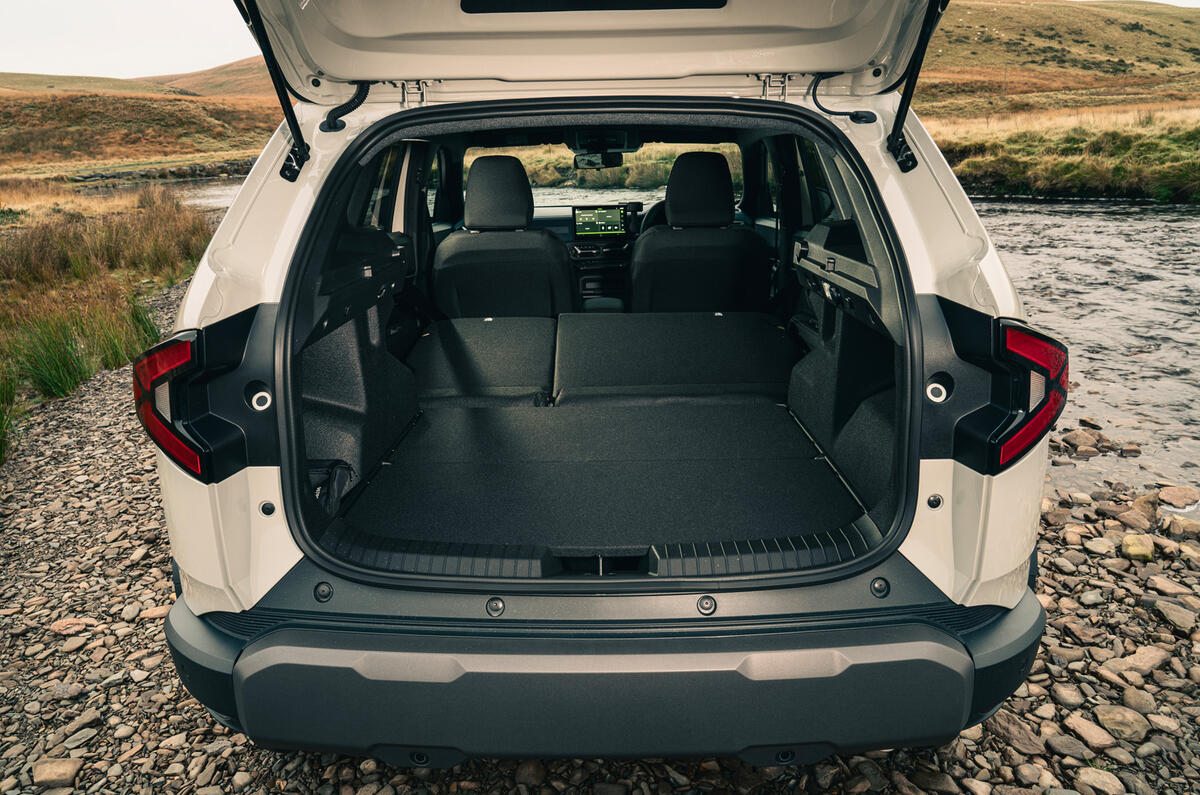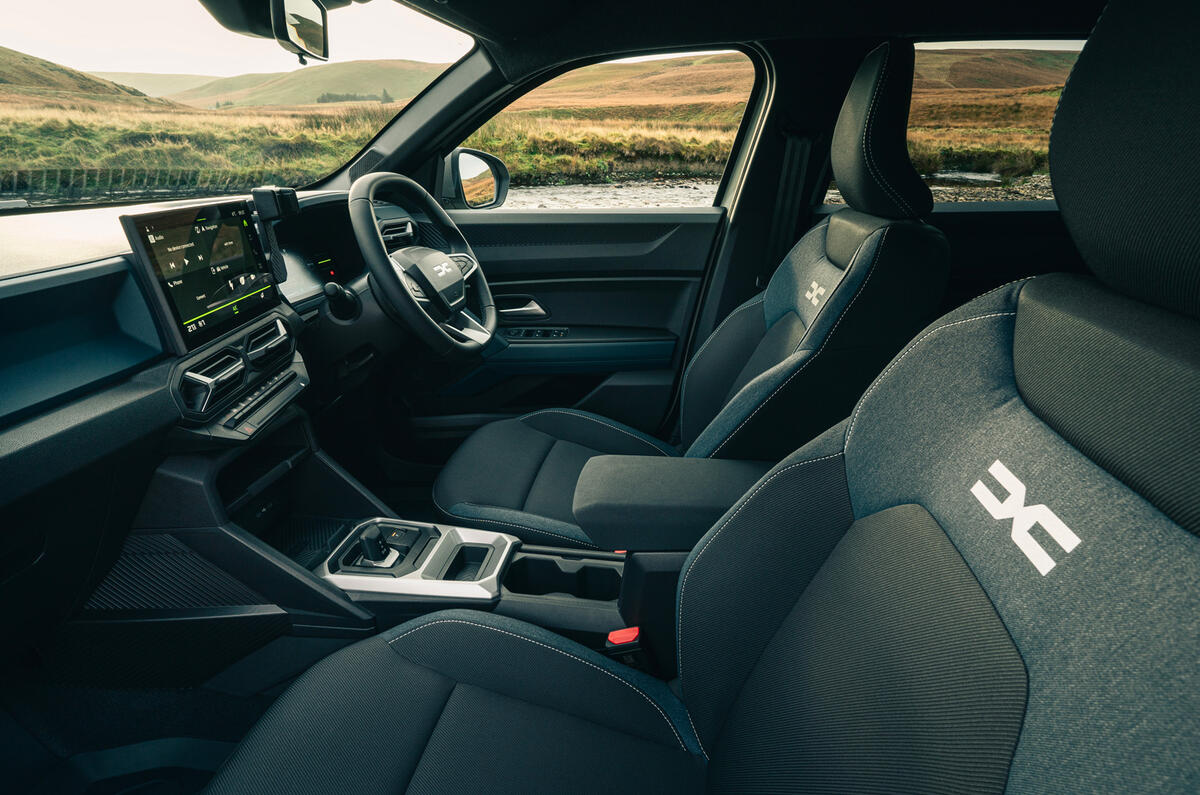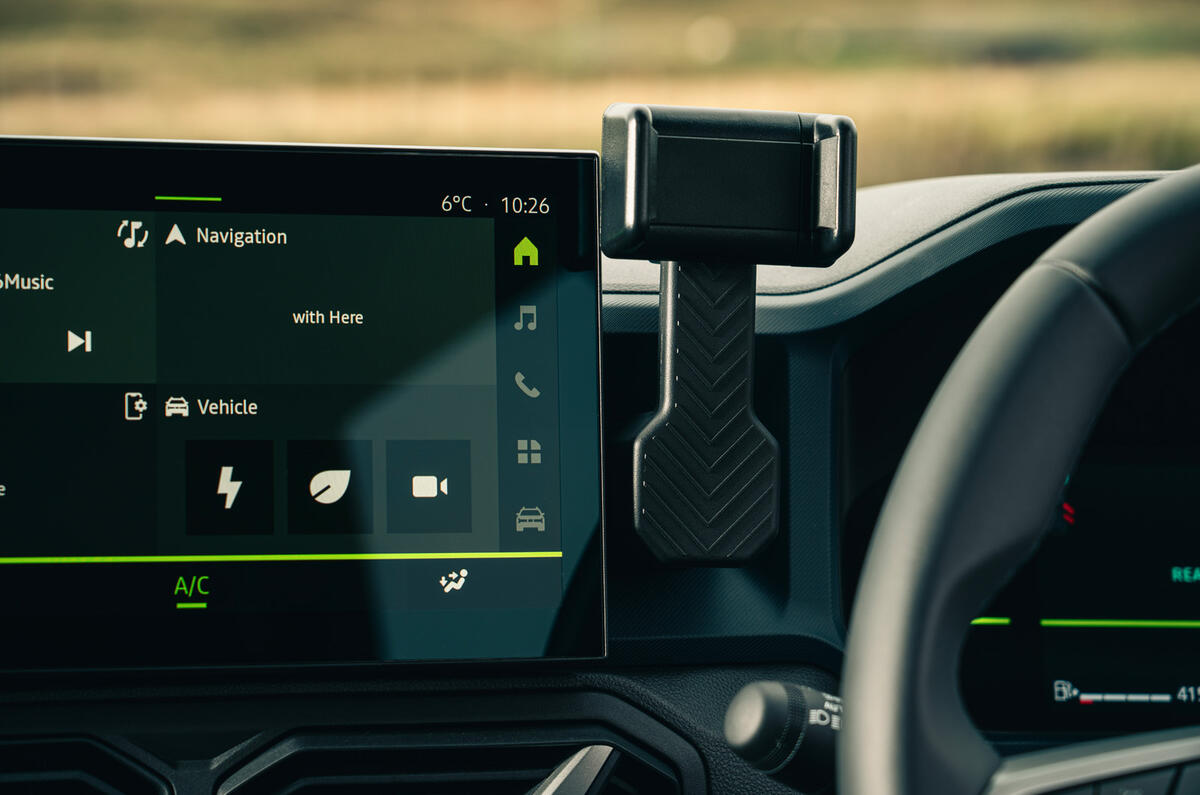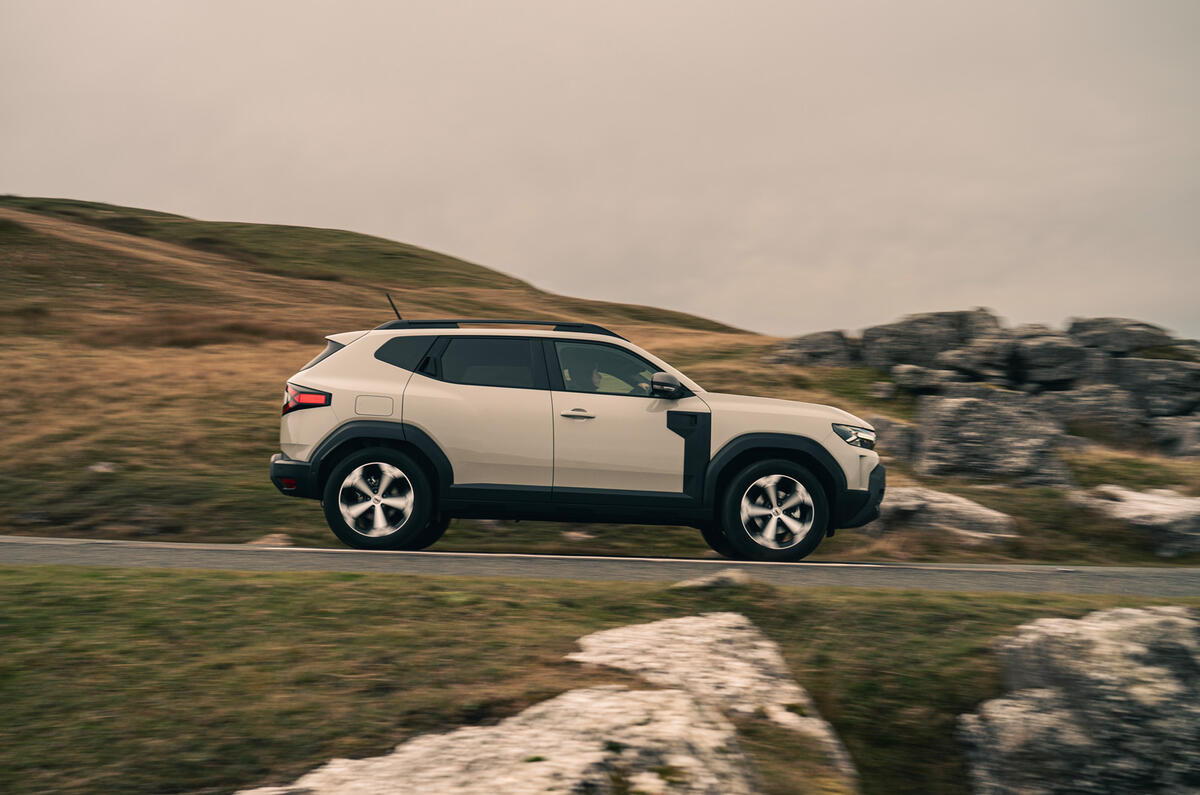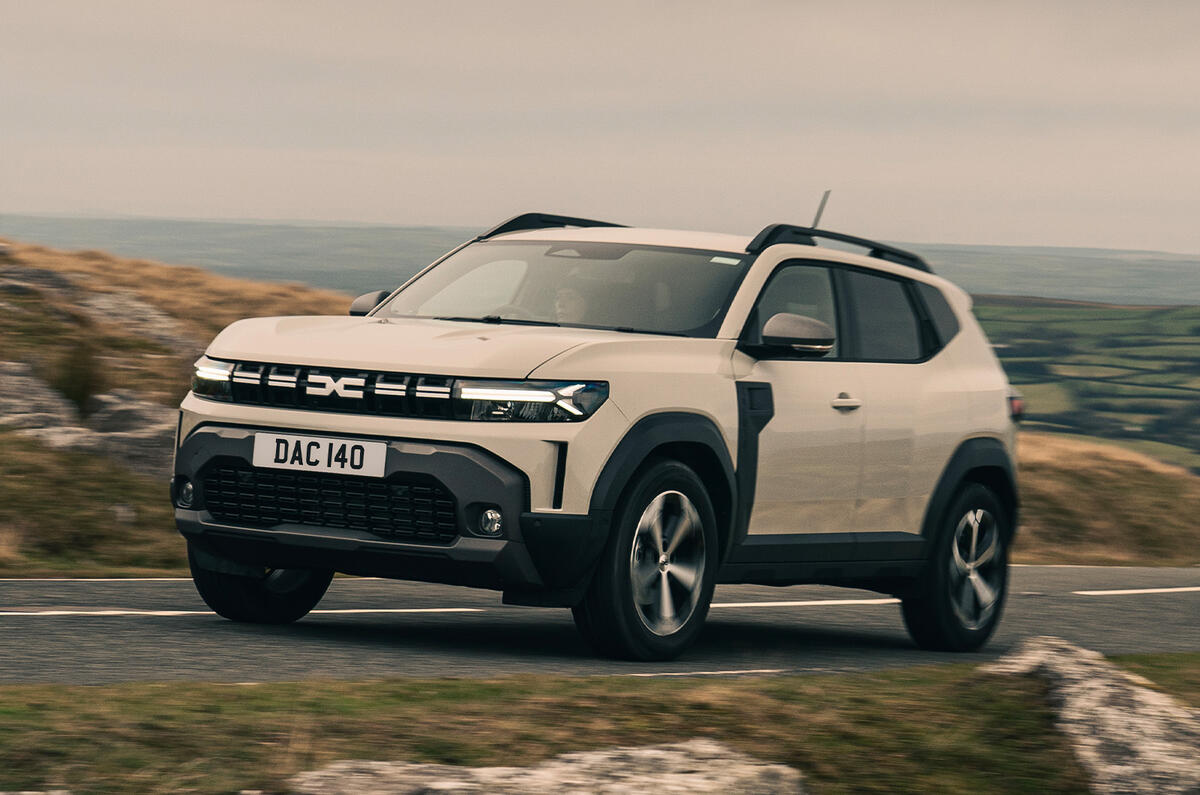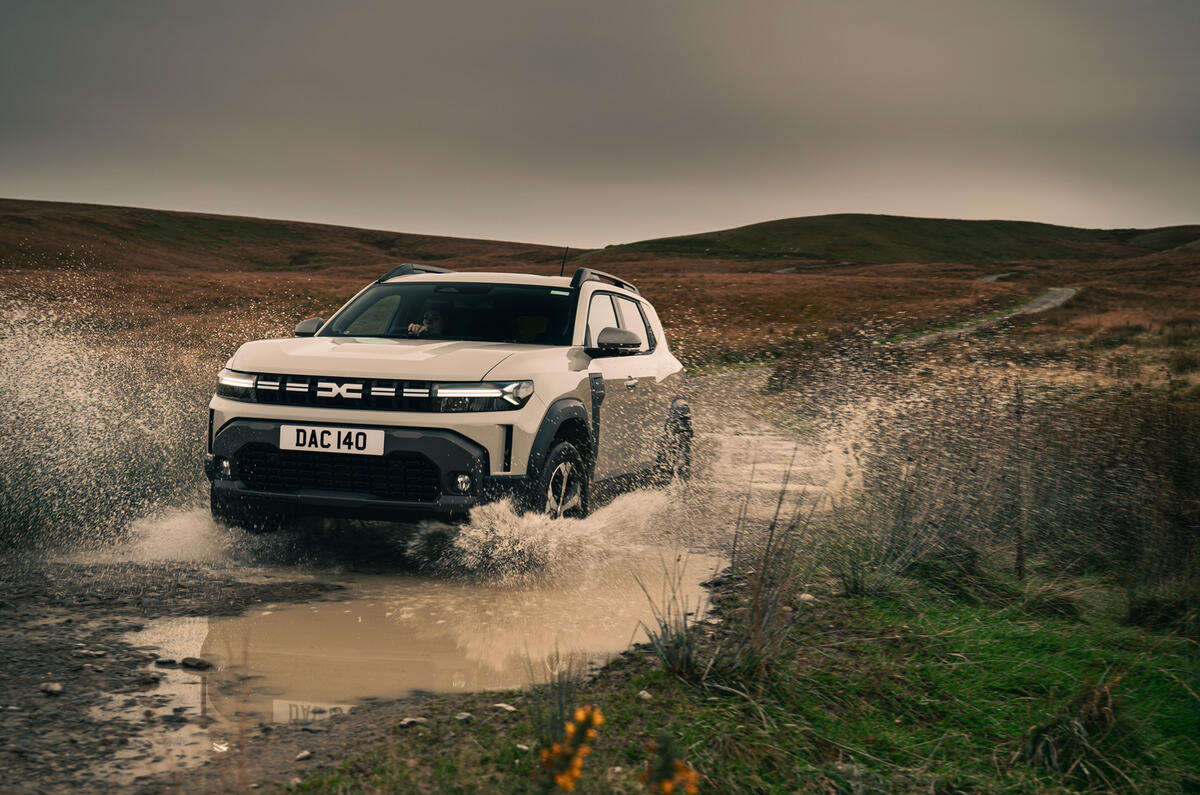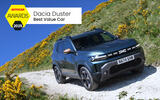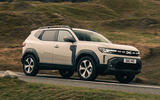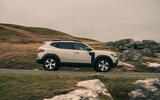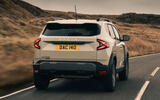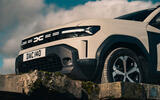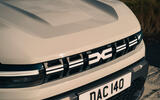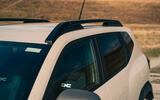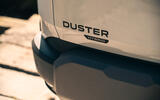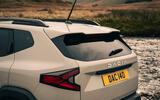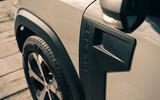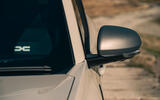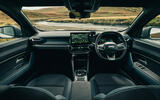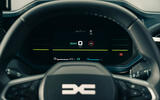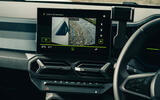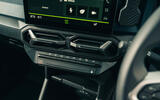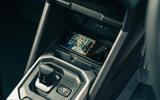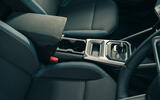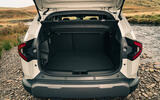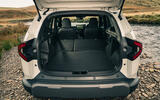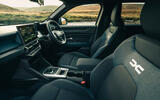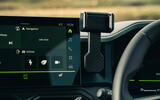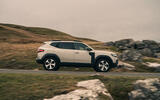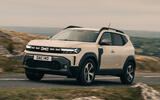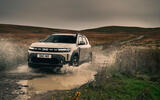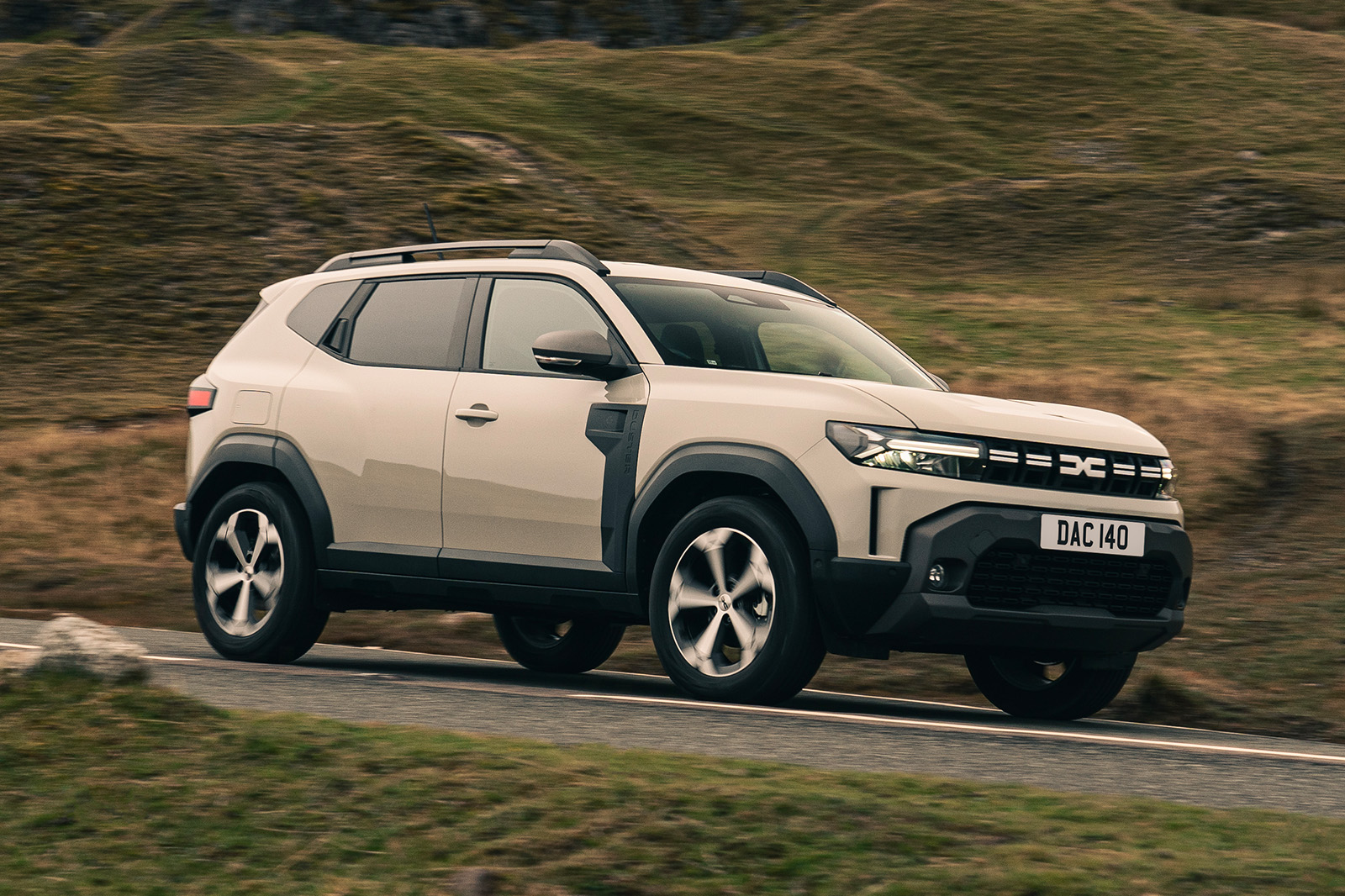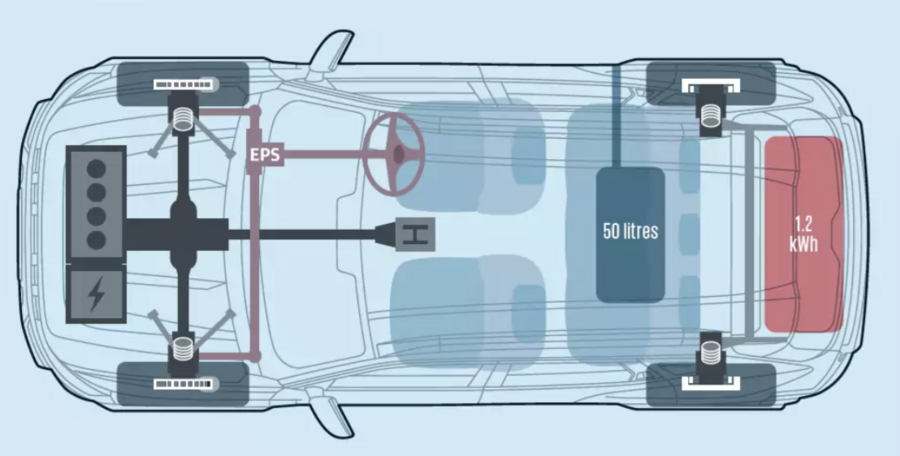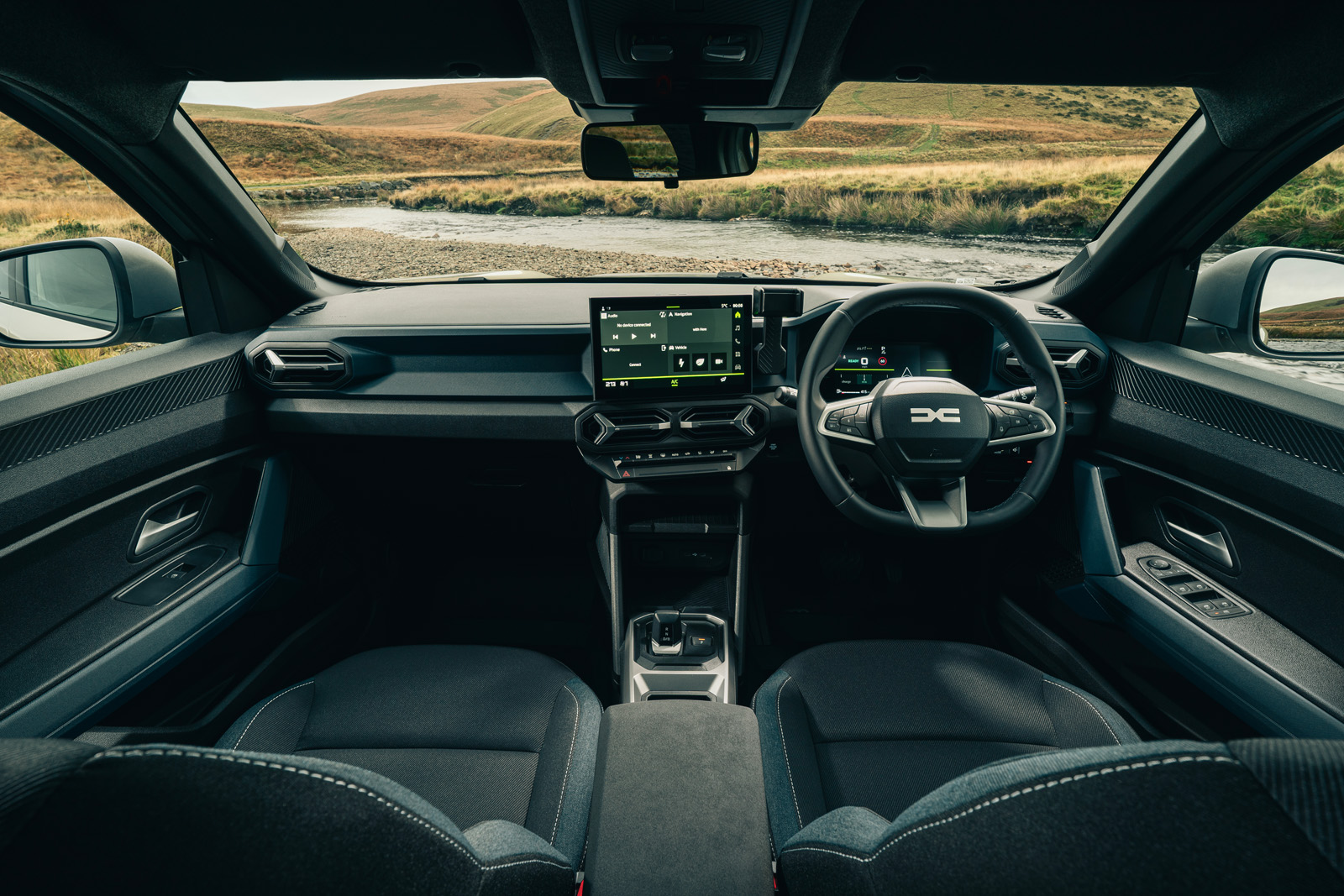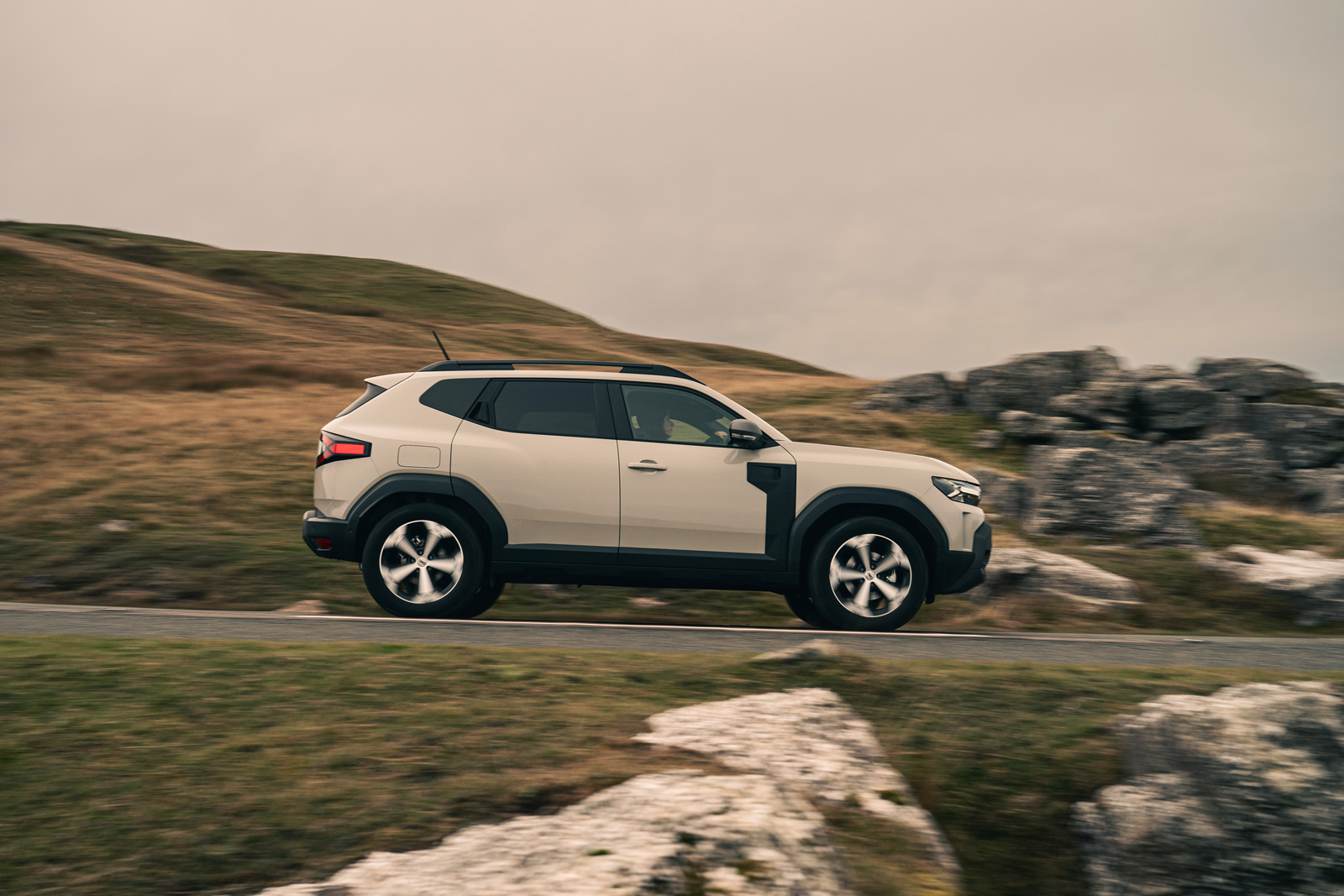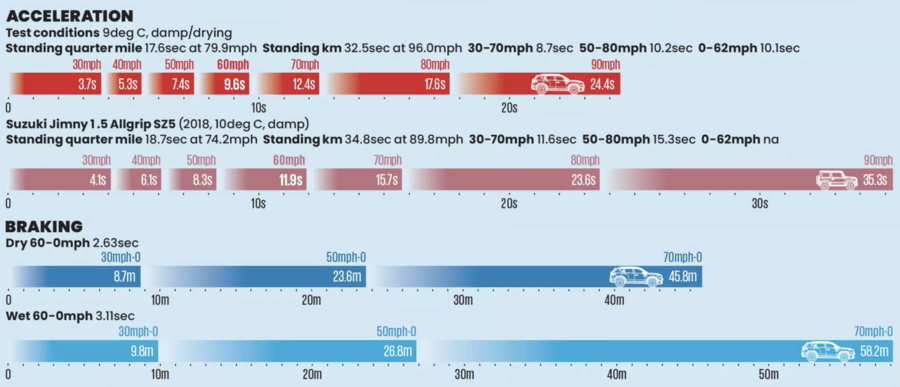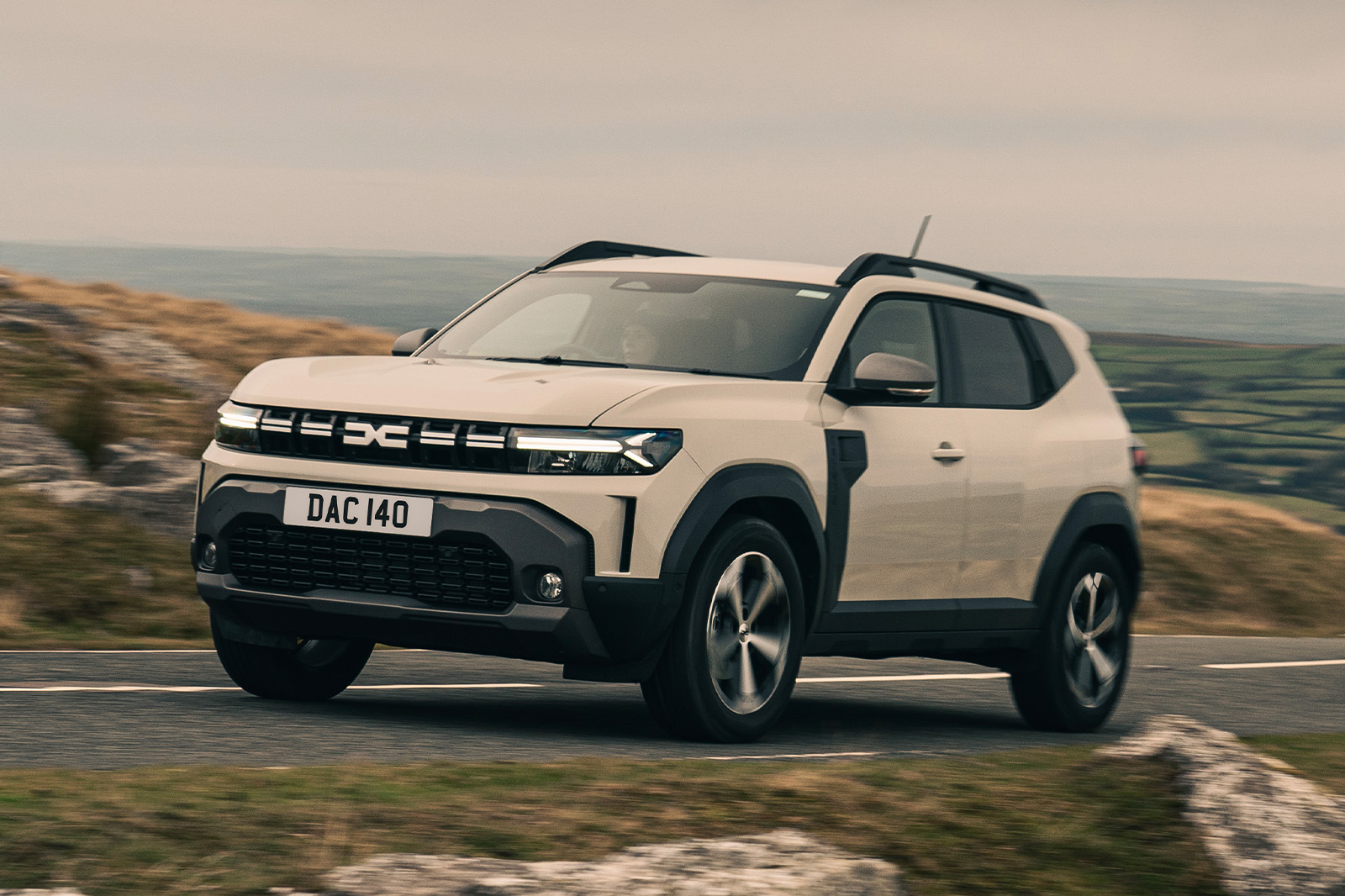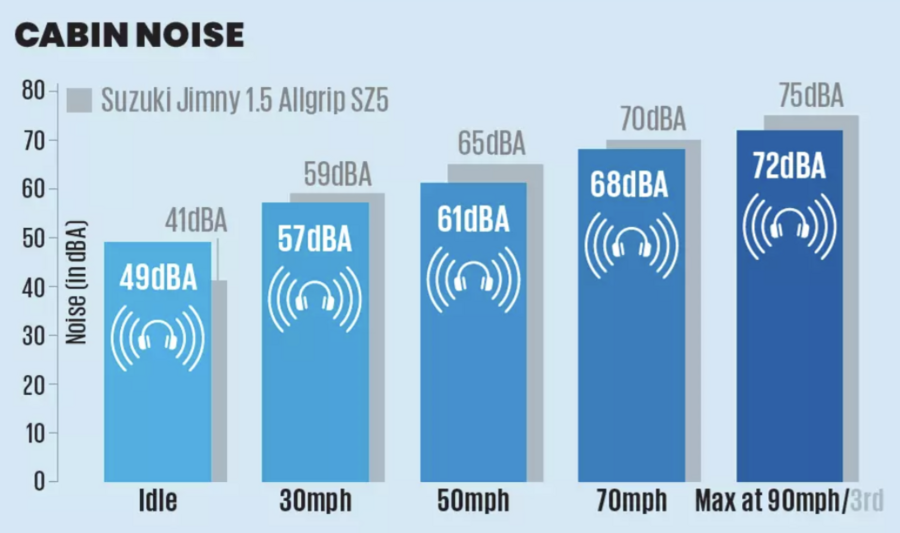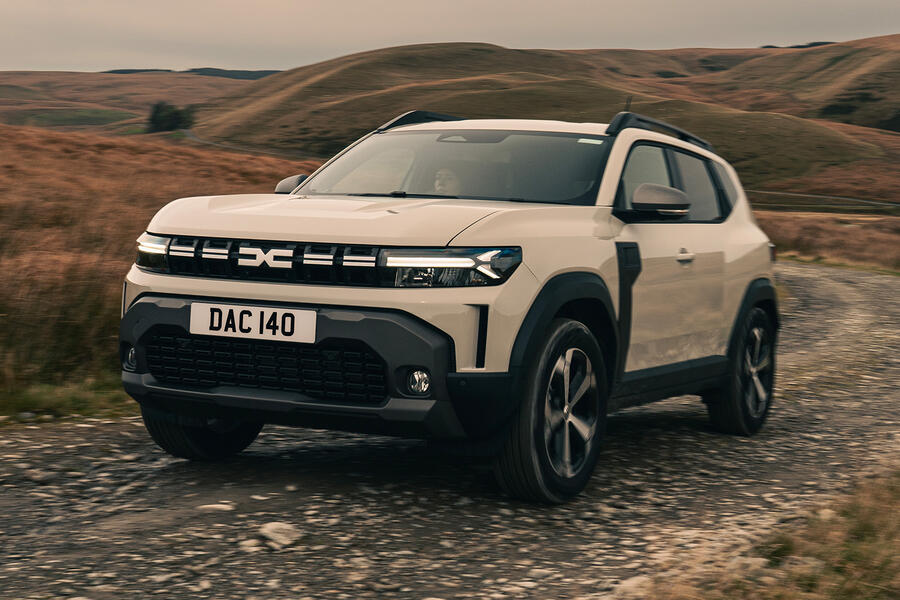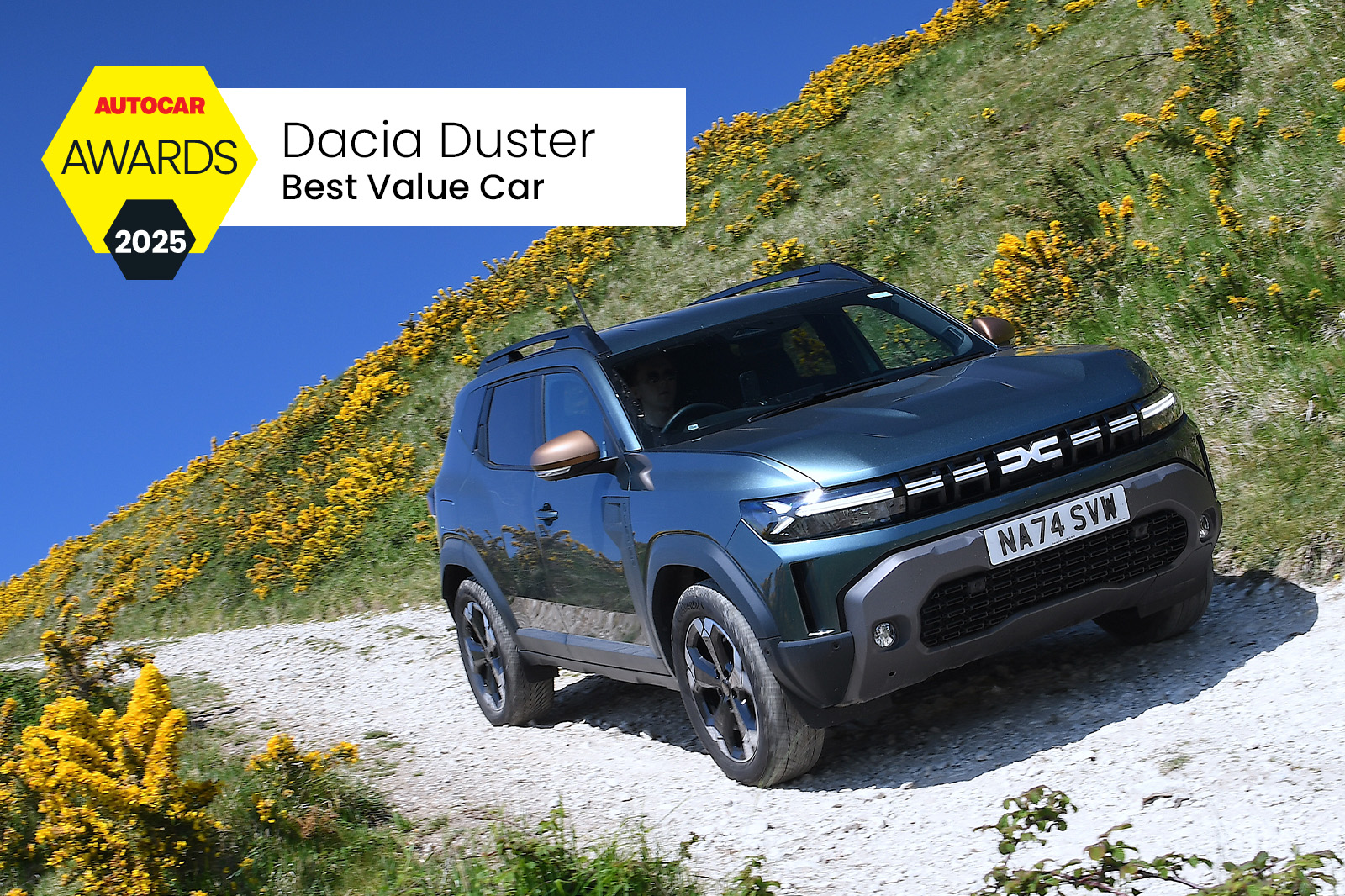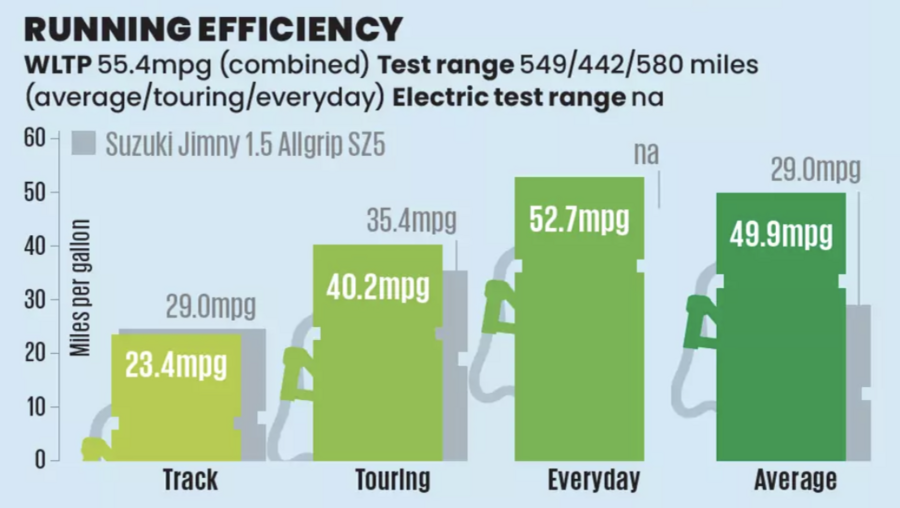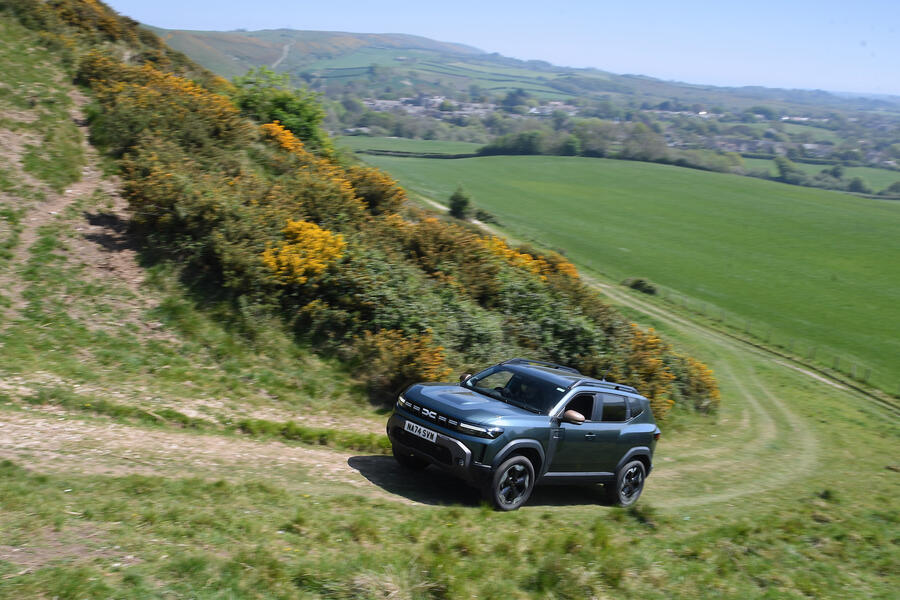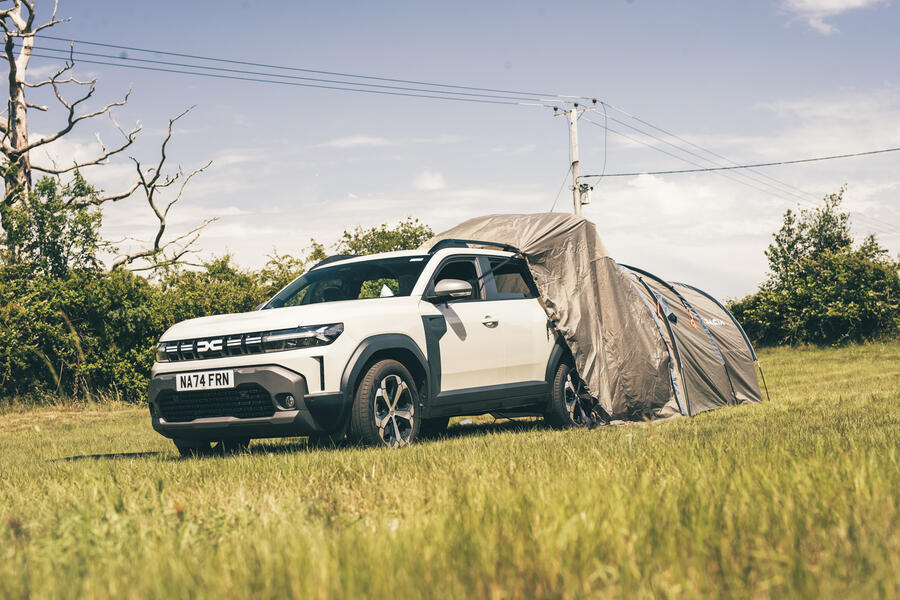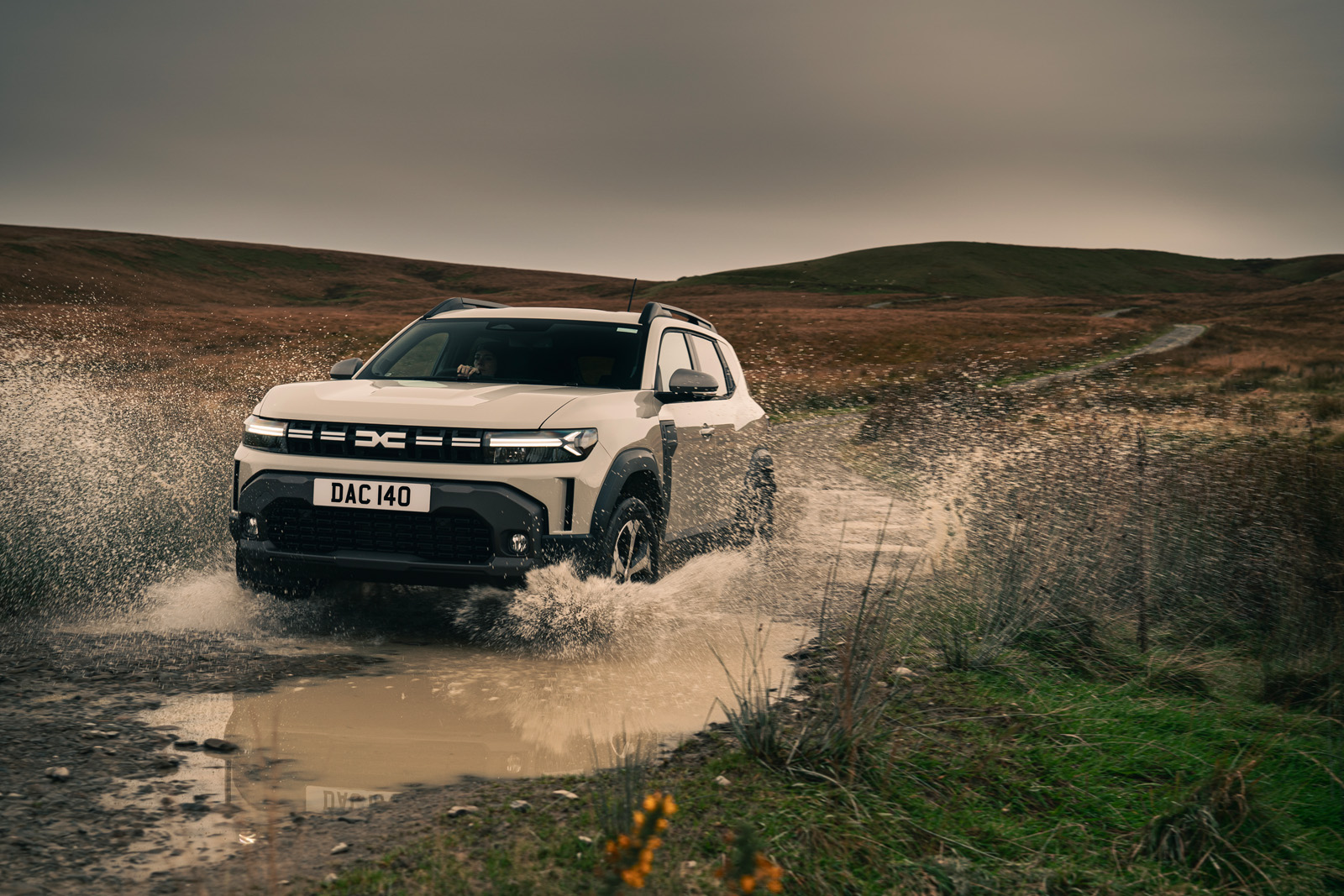Long before the Dacia Duster arrived on the scene, it was Steve Norman, at the time the Renault Group’s global marketing chief, who in 2010 told this magazine that Dacia “makes new cars for people who didn’t think they could afford one”.
Norman’s justifiable comments were made not too long after the Romanian brand became the first company to launch a €5000 model in Europe (the Logan saloon, in 2004) and the car world has since become an awful lot more expensive, but the Brit’s precis of Dacia’s role still applies.
It’s why the new, Mk3 Duster – a sharply styled, spacious and comfortable crossover – today starts at about £18,000 and tops out at little over £26,000 even if you have the more powerful version in the most generous specification. Outwardly, it is exceptional value, as were its two likeable forebears.
No wonder, then, that the Duster has been such a wild success. Dacia has sold 2.2 million of them at an accelerating rate since 2010 and currently makes 1000 per day, with UK cars built at the Pitesti plant in Romania. (The Mk1 was made only at the Avtoframos plant in Moscow.)
In 2022, even though the Mk2 was reaching the end of its life and couldn’t offer hybrid power, it became Europe’s top-selling SUV among private buyers – and Dacia aims to do even better with the Mk3, which has undergone something of a styling glow-up inside and out.
But despite the Duster’s slick new cabin mouldings and the adoption of ADAS, its drawcard remains the same. The car is about simplicity, practicality and everyday toughness – attributes that have made it almost uniquely fit for purpose, if also a touch rough and ready in the case of older versions. Rolling refinement and a charming cabin were the missing pieces in the Duster puzzle, and understandably so, because beneath a certain price, you simply can’t have everything.




